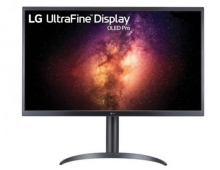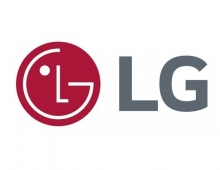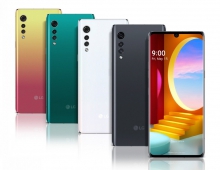
LG Ends Patent Disputes With Taiwanese Firms
South Korea's LG Electronics said Tuesday it had reached an out-of-court settlement in patent law suits against two Taiwanese computer makers.
LG said it had decided to drop the law suits in return for unspecified amount of royalty payments from the two companies -- Compal Electronics and First International Computer (FIC).
LG Electronics had filed patent law suits against the Taiwanese companies with a US court in 2000, arguing that COMPAL and FIC had sold computers in the US market that use the PCI data-transmitting technology without its permission.
The dispute has been centered on an industry-standard technology required for effective data transfer between computer motherboards and peripheral devices, which is fundamental to the operation of computers.
LG said the settlement would have a positive impact on its negotiations with other PC makers, adding that the technology in question is worth more than 200 million dollars.
LG has already concluded royalty contracts with 10 other PC makers using the same technology. It is now seeking similar deals with 30 others. The company holds around 2,000 PC-related patents, estimated the technology is worth more than US$200 million.
LG Electronics had filed patent law suits against the Taiwanese companies with a US court in 2000, arguing that COMPAL and FIC had sold computers in the US market that use the PCI data-transmitting technology without its permission.
The dispute has been centered on an industry-standard technology required for effective data transfer between computer motherboards and peripheral devices, which is fundamental to the operation of computers.
LG said the settlement would have a positive impact on its negotiations with other PC makers, adding that the technology in question is worth more than 200 million dollars.
LG has already concluded royalty contracts with 10 other PC makers using the same technology. It is now seeking similar deals with 30 others. The company holds around 2,000 PC-related patents, estimated the technology is worth more than US$200 million.





















